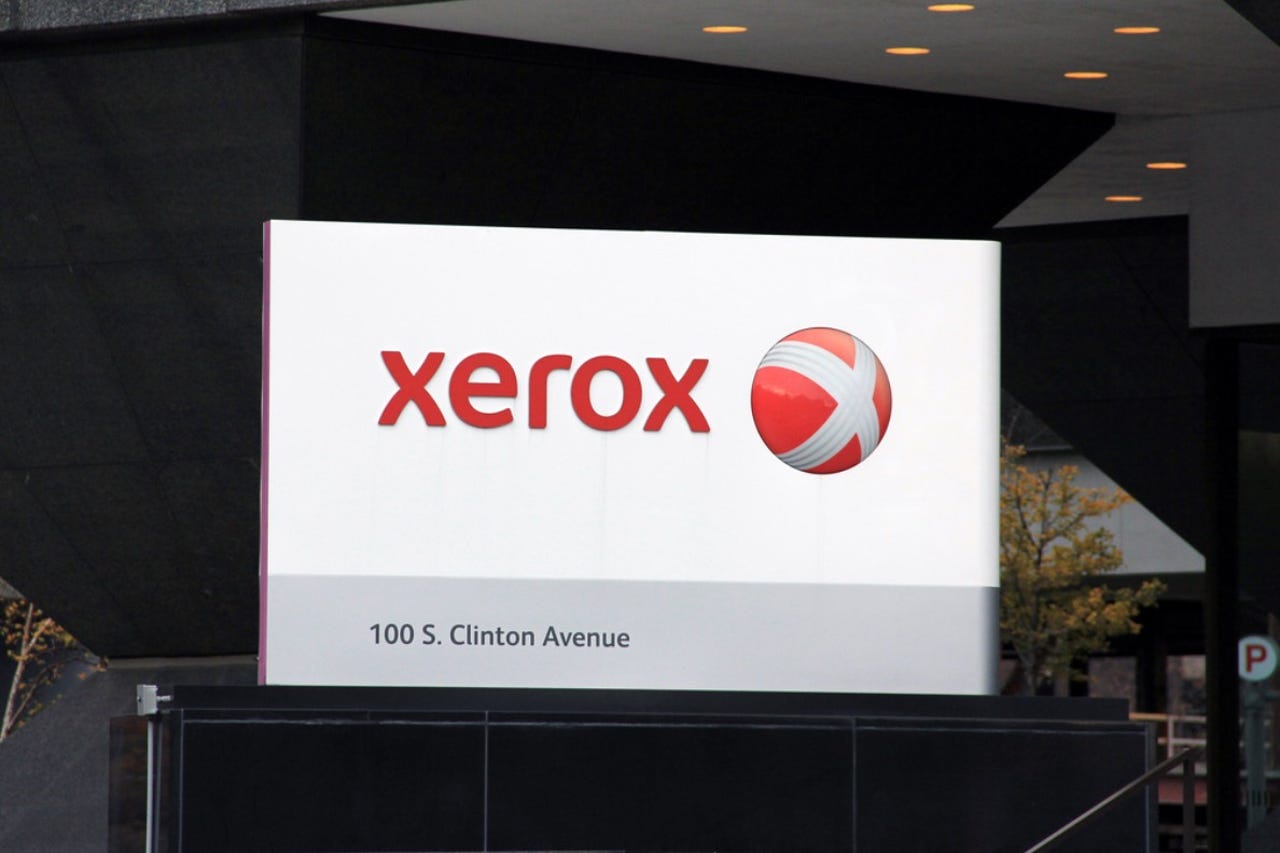Investors Icahn, Deason push against Fujifilm Xerox deal


Fujifilm's planned takeover of Xerox to create a joint venture has been met with strong criticism by Carl Icahn and Darwin Deason, who have urged other investors to reject the deal.
Featured
In January, Xerox revealed the deal, in which Fujifilm would own a 50.1 percent majority stake in the venture. Xerox would be combined with Fuji Xerox, of which Fujifilm is already a 75 percent shareholder.
Xerox will become the "new" Fuji Xerox, and Xerox shareholders would be awarded a $2.5 billion cash dividend, approximately $9.80 per share, as well as a 49.9 percent stake.
The proposed merger is intended as part of restructuring efforts and $1.7 billion is expected in cost savings by 2022 -- alongside the loss of thousands of jobs worldwide.
While the deal has been approved by the Fujifilm and Xerox Boards of Directors, according to a joint statement posted on Monday, Icahn and Deason believe the deal "dramatically undervalues Xerox and disproportionately favors Fuji," to the detriment of shareholders.
The open letter criticizes the deal and quotes a Nikkei interview with Fuji CEO Shigetaka Komori, in which the executive said the "scheme will allow us to take control of Xerox without spending a penny."
The investors say the merger has a "tortured, convoluted structure," and while Fuji may manage to snag new businesses assets without putting up any cash, investors are left with "a one-time special dividend financed with our own assets" and 25 percent interest "in a Fuji subsidiary that just last year disclosed a $360 million accounting scandal caused by a "culture of concealment."
"If this deal is consummated we will no longer be Xerox shareholders," the activist investors say. "Rather, we will be passive minority owners of a Fuji subsidiary -- virtually powerless with respect to the future direction of our investment, with no opportunity to ever receive a true control premium for our shares."
After crunching the numbers, Icahn and Deason estimate that existing Xerox shareholders will be selling roughly $535 million of annual recurring cash for $1.25 billion as a one-time payment, as well as surrendering "half of all potential future dividend growth" -- which, if true, is not a palatable prospect for any investor.
"When considered with these economics in mind, the transaction looks like another depressing display of incompetence by a Xerox Board of Directors with no real skin in the game," the pair said.
In addition, Icahn and Deason have questioned why the apparent cost savings the merger may achieve have not been explored before handing over control.
"We urge you -- our fellow shareholders -- do not let Fuji steal this company from us," the investors said. "There is still tremendous opportunity for us to realize value on our own if we bring in the right leadership."
See also: Verizon completes 5G call using 3GPP standards
"Vote against the Fuji scheme to send a clear message that we will not be fooled into giving up control of our company for $9.80 in cash," Icahn and Deason added.
The share price of Xerox climbed 1.1 percent on Monday at market close. Fujifilm's share price dropped 3.2 percent.
Update 12.49 GMT: A Fujifilm spokesperson told ZDNet:
"The combination represents compelling strategic and financial value for Xerox shareholders. The combined company will create a strong business foundation under a globally unified management strategy and provide new value by leveraging Fujifilm's technological resources.
Fujifilm is confident that the combination will maximize the value of Xerox and Fuji Xerox, providing further benefits to Xerox shareholders, customers and other stakeholders."
The laptops of CES 2018: Acer, Asus, Dell, HP, Lenovo, Samsung
Previous and related coverage
Fujifilm takes control of Xerox to create joint venture
Up to 10,000 jobs are expected to be lost due to the takeover.
Oracle's CEO Mark Hurd outlines his view of the tech landscape by 2020 at an event in New York.
Almost half of CIOs plan to deploy artificial intelligence enterprise solutions
According to Gartner, executives in the enterprise are planning to pilot AI projects in the near future.